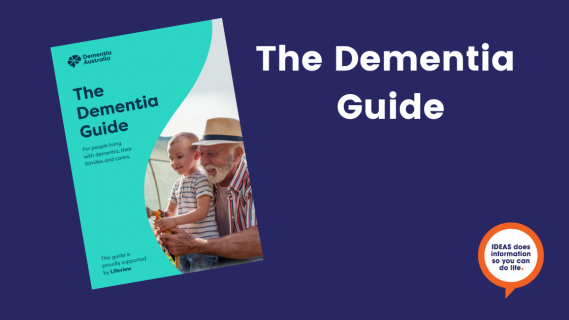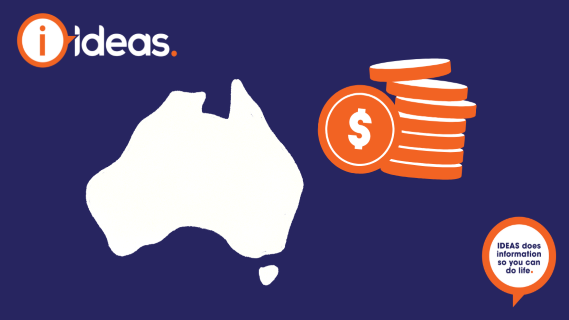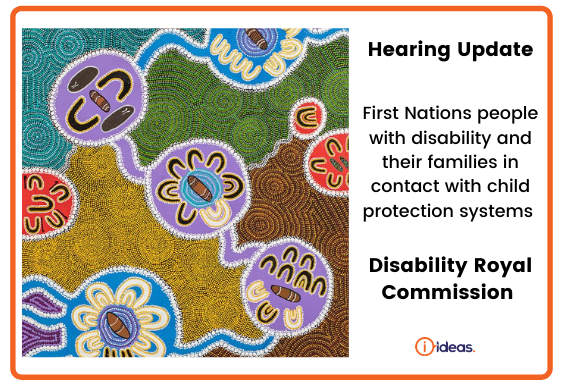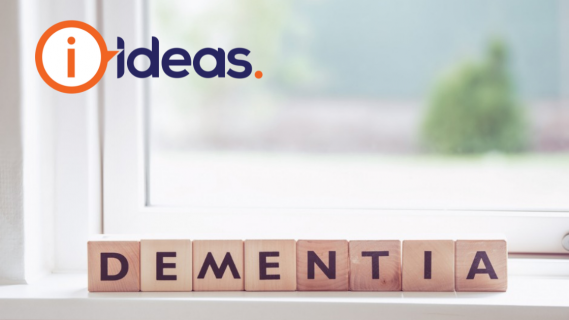1-minute read
People who live with cognitive disabilities have a right to be listened to, effectively heard, and spoken with as adults. It is a human right no matter what event caused the cognitive disability.
A person may have a cognitive disability due to:
- Intellectual disability
- Developmental disability
- Acquired disability through injury or trauma.
- Age-acquired disability due to Alzheimer’s and Dementia illnesses.
- Diminishing cognitive and communication disabilities caused by other chronic, complex, or sensory impairments related to seeing, hearing, speech and understanding.
It is incumbent on each of us as service providers, health workers, families, and communities to treat adults with intellectual, cognitive, or developmental disabilities as adults. We need to adjust methods of communication for effectiveness for the individual. A person’s cognitive disability is just one part of their personality, life, and preferences. It is not the defining thing about the whole person we see and meet.
Tips
- Relax, smile, and have open body language.
- Speak directly to the person.
- Use simple short sentences.
- Use supplementary visual forms of communication such as gestures, diagrams or demonstrations if indicated. Ask about the person’s preferences in communication and tools they prefer to use or have at hand.
- Pause to hear and wait for answers.
- Learn to sit in a comfortable silence.
- Discuss one thing at a time.
- Check that you have received what the person wanted to convey to you.
- Remember that it is OK to have fun. To simply be in the company of the person who lives with a cognitive disability, just as we would with any other family member or care recipient. For example, reminiscing, looking at family albums or listening to music together. Not all communications need to be momentous or didactic.
Communication is a Human Right
Click here to watch this short video is a good explainer by people with lived experience in physical and cognitive disability about their rights in communication.
People with intellectual disability
Click here to see this first-person guide written by two people with intellectual disability with their tips for communications.
People who are ageing and living with dementia
See these excellent fact sheets on communication with people who are ageing and live with dementia.
For Healthcare Workers, communicating with people with intellectual disability.
See this guide for healthcare workers dealing with people with intellectual disability in hospitals and health settings.
The Centre for Developmental Disability Health Victoria: Working with people with intellectual disabilities in healthcare settings
More Resources outlining the communication needs of others with cognitive disability.
Click here to see this collection of resources relating to communication with people with different disabilities.













































